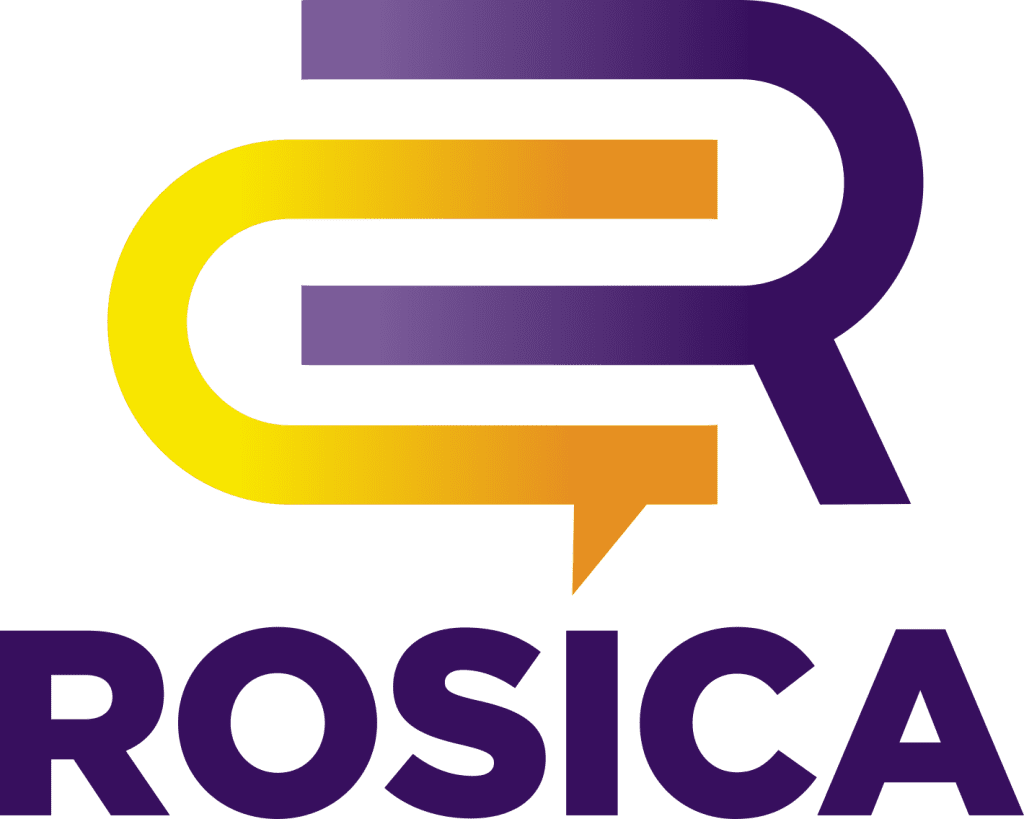The largest U.S. health data breach, affecting more than 190 million people, occurred at Change Healthcare, a technology and processing unit owned by UnitedHealth Group, and has shaken patient confidence while exposing operational gaps across providers, payers, and vendors. As the Department of Health and Human Services continues to issue guidance, healthcare leaders face urgent decisions about cyber resilience, patient transparency, and supply-chain accountability. Rebuilding trust begins with clear communication, timely restitution, and visible security improvements that reassure patients and stakeholders.
The Scale and Impact of the Breach
This breach highlights how deeply interconnected and dependent the healthcare ecosystem has become. Sensitive data now flows across hospitals, insurers, and vendors at an unprecedented scale, creating both efficiencies and vulnerabilities. The impact extends beyond data loss, with identity theft risks, lawsuits, and regulatory scrutiny that damage credibility and trust.
Healthcare leaders must view this as more than a tech issue; it’s a major reputational and communications challenge. Reassessing preparedness across both infrastructure and stakeholder engagement is critical to protecting reputations and maintaining long-term confidence.
Cyber Resilience, a Leadership and Communications Imperative
Today, cybersecurity reflects organizational integrity and patient trust. Healthcare executives must ensure strategic communications across governance, operations, and internal and external comms, ensuring that cybersecurity is treated as a leadership priority rather than an IT function.
Crisis communications planning prepares leadership to act quickly, coordinate messaging, and effectively manage stakeholder concerns. Executive involvement in these activities demonstrates accountability to regulators, patients, and partners while reinforcing confidence among all key stakeholders.
As an experienced crisis communications PR firm, Rosica helps healthcare organizations strengthen readiness through crisis scenario/plan development, messaging strategy, and simulations, ensuring that communications are immediate, transparent, and credible before, during, and after issues arise.
Communicating with Empathy and Clarity
When a breach occurs, patients expect immediate, honest, and compassionate communication. Silence or vague statements increase anxiety and weaken trust. Organizations must respond with empathy, acknowledge the issue clearly (who was affected and how), and outline steps to protect affected individuals.
Consistent, plain-language updates through FAQs, website statements, and direct outreach help reduce confusion. Authentic apologies paired with actionable information show accountability and reinforce a commitment to patient safety and data security.
Partnering with a healthcare PR firm helps develop restitution messaging that reflects empathy, transparency, and responsibility. This approach reassures patients and supports long-term trust in the organization’s integrity and care standards.
Supply-Chain Accountability in a Connected Ecosystem
The breach revealed that many cybersecurity risks originate outside an organization’s network. Third-party vendors and technology partners can introduce vulnerabilities that compromise patient data and operational stability. Strengthening oversight and coordination across the entire supply chain is essential to restoring trust and preventing future breaches.
Healthcare providers must, therefore, require strict security and compliance standards from each and every partner. Regular audits, clear agreements, and transparent reporting demonstrate shared accountability.
When organizations communicate these measures (at a high level) publicly, they rebuild credibility with patients, regulators, and investors. Transparency around vendor management and risk mitigation signals leadership and responsibility at every level.
Rebuilding Thought Leadership and Reputation
Recovery from a breach requires more than technical remediation; it demands demonstrating integrity and thought leadership. Healthcare leaders can share lessons learned, participate in industry discussions, and publish actionable insights to strengthen cybersecurity awareness across the field.
Thought leadership initiatives such as articles, speaking opportunities, and media interviews show transparency and progress. These efforts help organizations reposition themselves as responsible, proactive leaders dedicated to protecting patients and data.
Rosica, a leading thought leadership agency, helps healthcare organizations evaluate and strengthen their initiatives to achieve greater visibility and measurable outcomes. This strategic guidance enables brands to rebuild credibility and reaffirm their leadership in patient care and data protection.
Conclusion: From Crisis to Credibility
This breach represents a pivotal moment for healthcare leaders to reinforce transparency, accountability, and readiness. Organizations that act decisively, communicate authentically, and implement visible improvements will not only recover trust but also strengthen their reputations over time.
Restoring confidence requires consistent communication, robust governance, and meaningful engagement with patients and stakeholders. With guidance from an experienced crisis communications agency, healthcare leaders can transform crisis response into sustained credibility and position their organizations as trusted stewards of patient data and care.
About Rosica Communications
Rosica Communications is a national healthcare PR firm specializing in thought leadership, media relations, and crisis communications. As a trusted partner to hospitals, health systems, and healthcare organizations, Rosica helps clients elevate expert voices, strengthen reputation, and build credibility with patients, providers, and the public. With deep experience across nonprofit, education, and animal health sectors, Rosica applies cross-industry insights to create integrated communications strategies that deliver measurable results.
To measure the success of our clients’ PR and thought leadership initiatives, Rosica invented the Thought Leadership Measurement Matrix™—a tool that analyzes more than 20 performance indicators, helping organizations benchmark visibility, assess impact, and optimize ongoing communications efforts.
Learn more by scheduling a call with Chris Rosica, CEO and president of Rosica Communications: https://calendly.com/rosica/30min.

